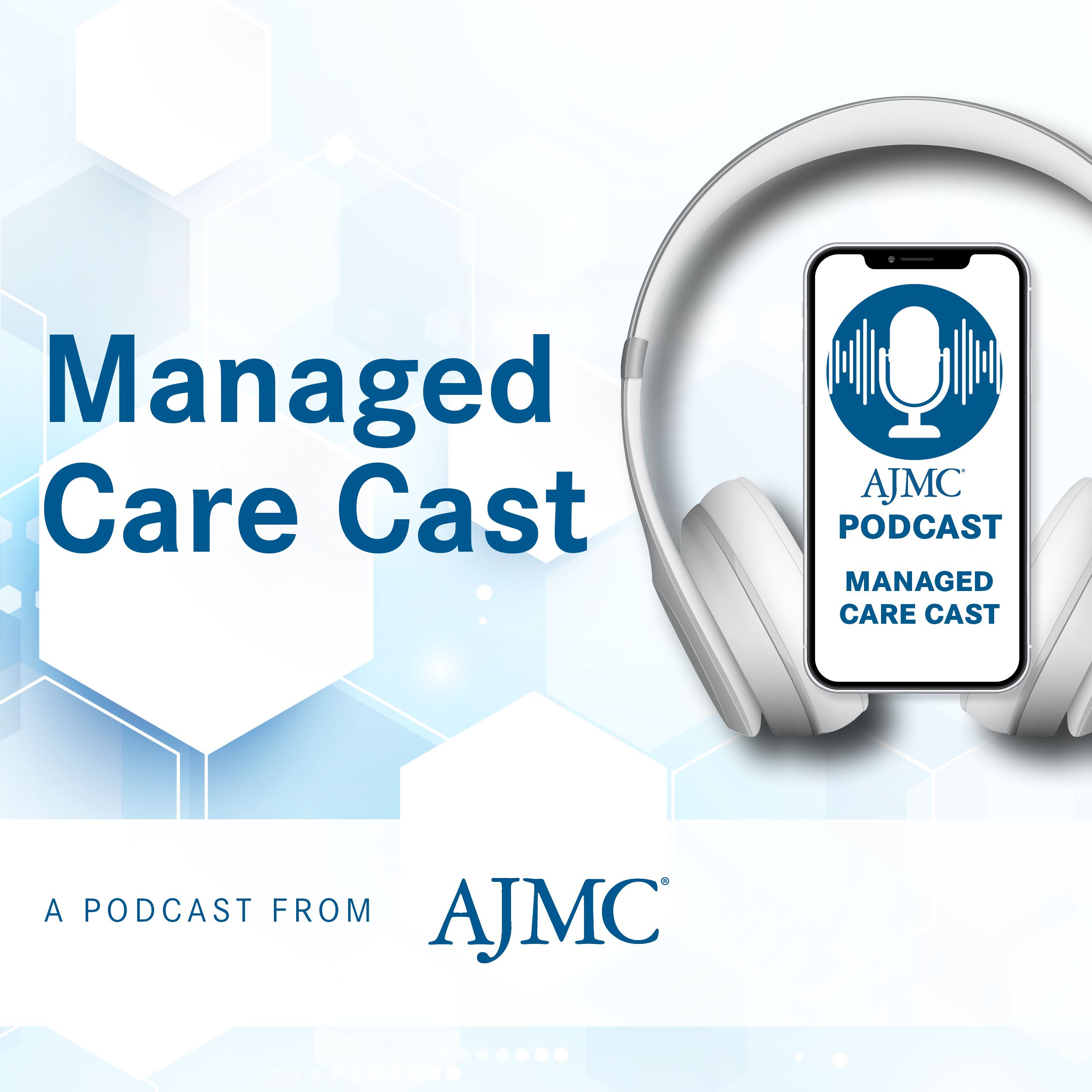News
Article
Higher Prevalence of Asthma Exacerbations Found in Patients With Insomnia
Author(s):
Underlying mood and sleep disorders may negatively affect asthma control, researchers find.
Insomnia, depression, and obstructive sleep apnea were more common among patients with asthma in a retrospective analysis published in the Journal of Asthma.1 The findings suggest an underlying association between mood and sleep disorders and asthma control.
Sleepless woman | StockPhotoPro - stock.adobe.com

“Asthma control, sleep quality, and mood are all critical factors in affecting an individual’s overall quality of life, and our study suggests a strong relationship among all three areas,” said Michael Wechsler, MD, pulmonologist, Professor of Medicine, director of The Cohen Family Asthma Institute at National Jewish Health and senior author of the paper, in a statement.2 “Individuals with asthma should be regularly screened for sleep quality as well as for co-existing mood disorder.”
Asthma is a common chronic disease, with an estimated 262 million people affected worldwide. Additionally, individuals with asthma often report sleep disturbances that are associated with worse asthma control and worse quality of life.
Despite this knowledge, there is still little understanding of how underlying sleep disorders impact asthma control. Therefore, researchers aimed to evaluate impact of concurrent obstructive sleep disorder and mood disorders on exacerbation frequency among patients with asthma.
The study was conducted among 659 adult patients enrolled in a long-term study at National Jewish Health, beginning in October 2017. Patients with asthma were evaluated based on the presence of concurrent obstructive sleep disorder, mood disorders, asthma exacerbation frequency, and asthma control test (ACT) scores. Patients with and without insomnia were matched by age, sex, Charlson comorbidity index, and biologic therapy.
Exacerbations were defined as the need for oral corticosteroids, hospitalization, or documentation of exacerbation by a physician in electronic medical record (EMR).
Of the 659 patients, 89 (13.5%) had a concurrent diagnosis of insomnia. The average age of patients was 57 years, most patients were female (76%), and 35.9% were on a biologic therapy for asthma. Among those with insomnia, 57.3% had a concurrent diagnosis of obstructive sleep apnea, compared with 18% of individuals without insomnia (P < .001).
Additionally, patients with insomnia were more likely to have a diagnosis of depression or anxiety (68.5%), compared with those without insomnia (11.4%). Individuals with insomnia also had a significant overlap between patients who were diagnosed with obstructive sleep apnea and depression (34.8%), compared with individuals without insomnia (2.2%).
Patients with insomnia experienced an average of 0.93 exacerbations in the year preceding data collection, compared with 0.59 exacerbations among those without insomnia (P = .039). Patients with insomnia also had worse asthma control, with an average ACT score of 16 compared with 18.9 in those without insomnia (P = .0029).
However, the researchers acknowledged some limitations to the study. First, they noted that the study had a small sample size and was also retrospective in design. Other limitations included difficulty identifying the presence of additional comorbid conditions and details regarding an individual’s insomnia diagnosis.
Despite these limitations, the researchers believe the study demonstrated an association between insomnia and increased asthma exacerbations, as well as decreased ACT score. Additionally, the study suggests the prevalence of obstructive sleep apnea may also be significantly higher in individuals with asthma who have insomnia.
“It is important for us as physicians to treat asthma comorbidities like sleep and mood disorders similarly to what we do with other conditions that impact asthma management, such as reflux, sinus disease and vocal cord dysfunction,” Wechsler said in a statement.2
References
1. Rhoads SL, Edinger J, Khatiwada A, Zimmer J, Zelarney P, Wechsler ME. The impact of insomnia and depression on asthma control. Journal of Asthma. Published online April 4, 2024:1-4. doi:10.1080/02770903.2024.2335367
2. Researchers show impact of insomnia and depression on asthma control. EurekAlert! News Release. May 8, 2024. Accessed May 16, 2024. https://www.eurekalert.org/news-releases/1044053.





